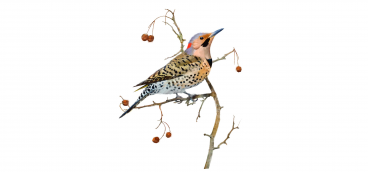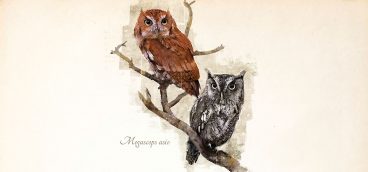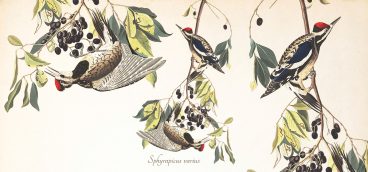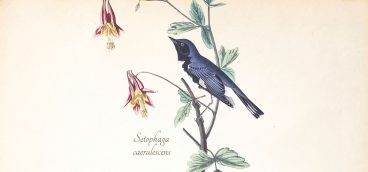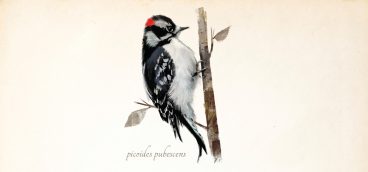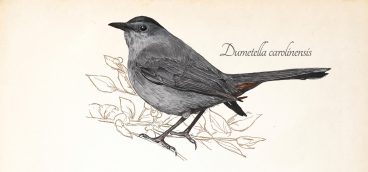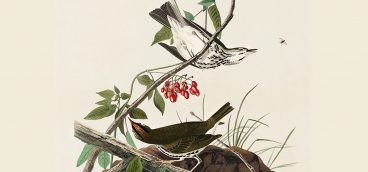Darken Our Skies to Help the Birds
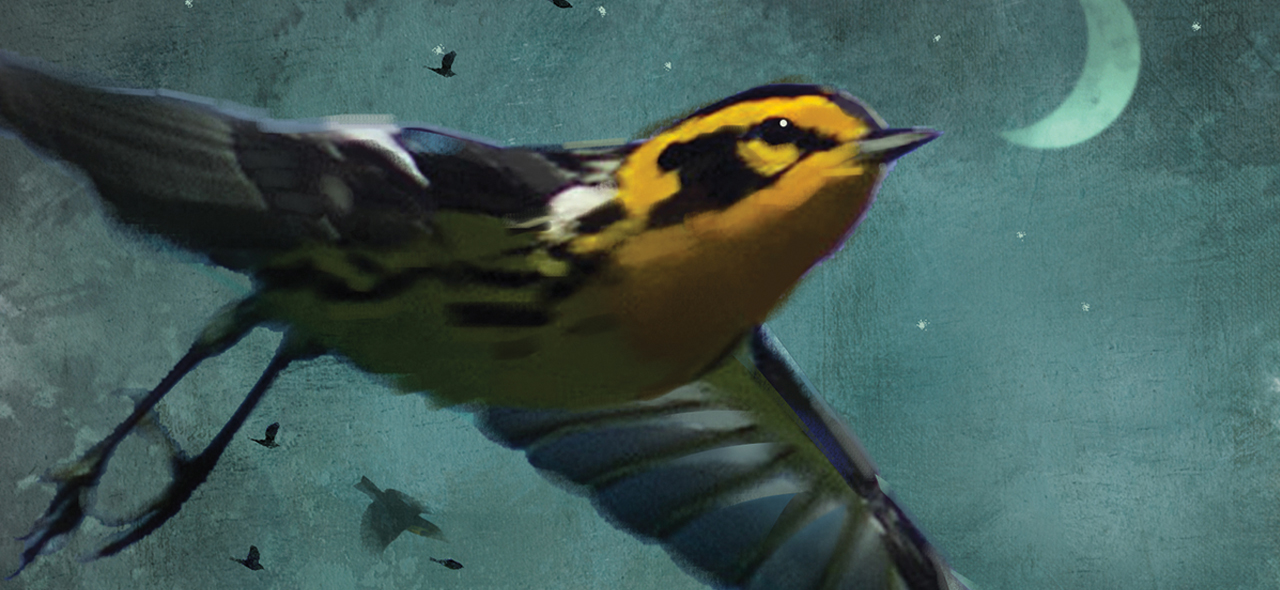
Who doesn’t love the sparkle of the Downtown skyline when cheering on the Pirates at PNC Park? I’ve sat marveling at the view across the water as the Bucs warm up and the stadium lights begin to come on. The glass, metal and stone are iconic of the Steel City. Then I imagine birds migrating north this time of year, following the rivers and ridges. Estimates put some 100,000 birds passing over Pittsburgh each spring, a skyway of muscle and feathers.
Picture, for instance, a Blackburnian warbler flying toward the Point. His plumage is stunning: black and white wings and black and gold-striped head. A chest that is aflame, giving his species the nickname “firethroat,” orange and yellow and red. He’s been winging his way from the Andes mountains toward breeding grounds in the Appalachian uplands or perhaps Canada’s boreal forests. His innate star map and internal compass guide him. Then he sees the lights, and drawn to the microhabitats they illuminate, he flies toward the towers.
The glow of tall buildings and a city awash in otherworldly brightness beckons the firethroat toward trees and shrubs that proffer food along the journey. The Blackburnian flies in for a refueling stop and then comes up against something that simply does not exist in nature: glass. Birds see through windows but don’t know to avoid them, making collisions that send them earthward, broken, spiraling to their demise. A walk at the foot of any skyscraper on an early spring or fall morning reveals the evening’s casualties.
That’s where science and business can make a huge difference with a simple action: turning out the lights. During peak migration, groups have come together to protect the birds. Organizations that include the Building Owners and Managers Association of Pittsburgh, BNY Mellon, BirdSafe Pittsburgh, the Carnegie Museum of Natural History, the Pittsburgh Downtown Partnership, and the National Aviary have joined forces to mitigate window collisions and disorientation. It’s a local response to a nationwide effort known as Lights Out, a voluntary conservation effort that gives birds back the night from midnight to 6 a.m. It also saves energy and reduces carbon emissions.
Imagine a different spring night: the Bucs win over the Dodgers. The game done, PNC Park’s lights go off. Then PNC Bank follows suit, as does UPMC, BNY Mellon, Highmark, PPG, K&L, Oxford Center — the whole alphabet soup. Imagine that happens by World Migratory Bird Day, the second Saturday in May, which celebrates the peak of spring migration. If you visit Frick Park or Hartwood Acres or the Audubon Society’s Beechwood Farms, you may spot up in a treetop, a living flame, a Blackburnian male, one of the 350,000 or so found across the high wooded slopes of the commonwealth. You can rest easy knowing that tonight in the darkness, the city sleeps and the birds fly on.
For more information about ways to simultaneously darken skies and brighten birds’ futures, visit https://birdsafepgh.org. And email your avian encounters, photos, or questions to PQonthewing@gmail.com.


